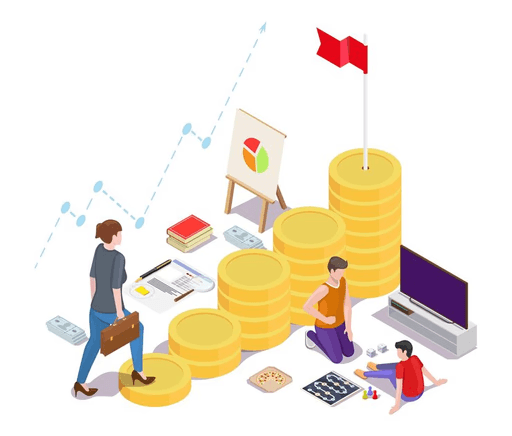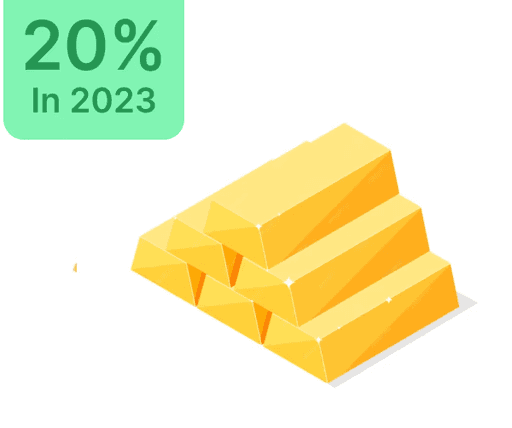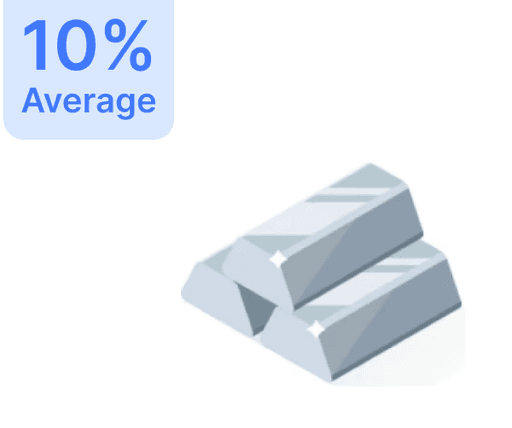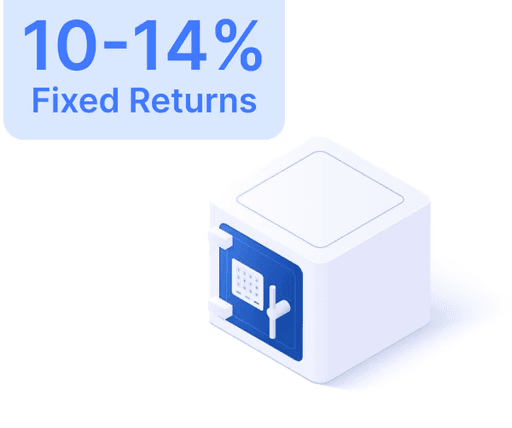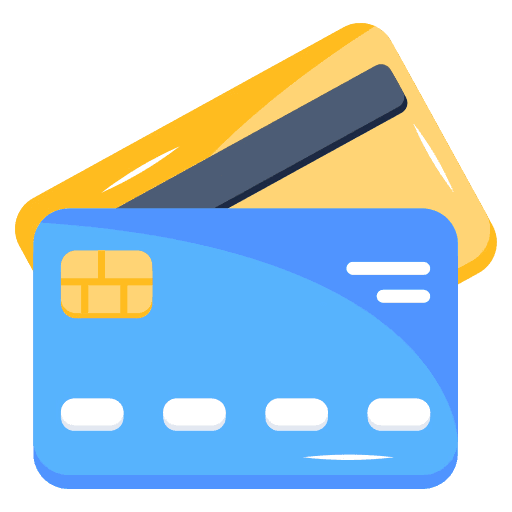
Credit Cards: Weighing the 5 Pros and Cons Thoughtfully

 Jul 27, 2024
Jul 27, 2024 15 Mins
15 MinsMuch like a coin with two faces, everything has its own advantages and disadvantages. Credit cards are no exception. Understanding both aspects can guide you in deciding if getting a credit card suits your needs. Here, we delve into the benefits and drawbacks of credit cards, along with some tips for efficient management.
Advantages of Credit Cards
- Instant Credit Access: Credit cards offer immediate access to funds up to your credit limit, essential for emergencies or large purchases.
- Building Credit Score: Regular and responsible credit card usage can bolster your credit history, aiding in future loans and lower interest rates.
- Rewards and Benefits: Many credit cards provide rewards like cashback, purchase points, or airline miles, adding significant value if utilized wisely.
- Purchase Protection: Credit cards often include consumer protections such as fraud coverage and extended warranties.
- Convenience: Widely accepted, credit cards offer a secure alternative to cash and are crucial for various online transactions.
Disadvantages of Credit Cards
- Debt Accumulation: Credit cards' revolving nature can easily lead to debt accumulation, particularly if only minimum payments are made.
- High-Interest Rates: Typically, credit cards have higher rates compared to other credit forms, which hikes the cost if balances aren't fully paid.
- Impact on Credit Score: Responsible use builds credit; conversely, misuse damages it. High balances and late payments negatively impact your score.
- Fees: Numerous credit cards include fees like annual charges and late payment fees, which quickly add up.
- Fraud Risk: Despite measures, credit cards remain vulnerable to fraud, and rectifying unauthorized charges can be onerous.
Tips for Effective Credit Card Use
- Pay Off Balances Monthly: To avoid interest and reduce debt risk, pay your statement balance in full monthly.
- Understand the Terms: Know your card's interest rates, fee structure, and rewards to maximize its benefits.
- Use Budgeting Tools: Utilize issuers' spending analysis tools to track expenses and adhere to a budget.
- Set Up Alerts and Safeguards: Implement alerts for due dates and set measures to prevent overspending.
In conclusion, while credit cards deliver numerous advantages like convenience and rewards, they come with risks such as high interest and potential debt. Responsible use is crucial—manage your credit card wisely to harness its benefits and minimize downsides.
